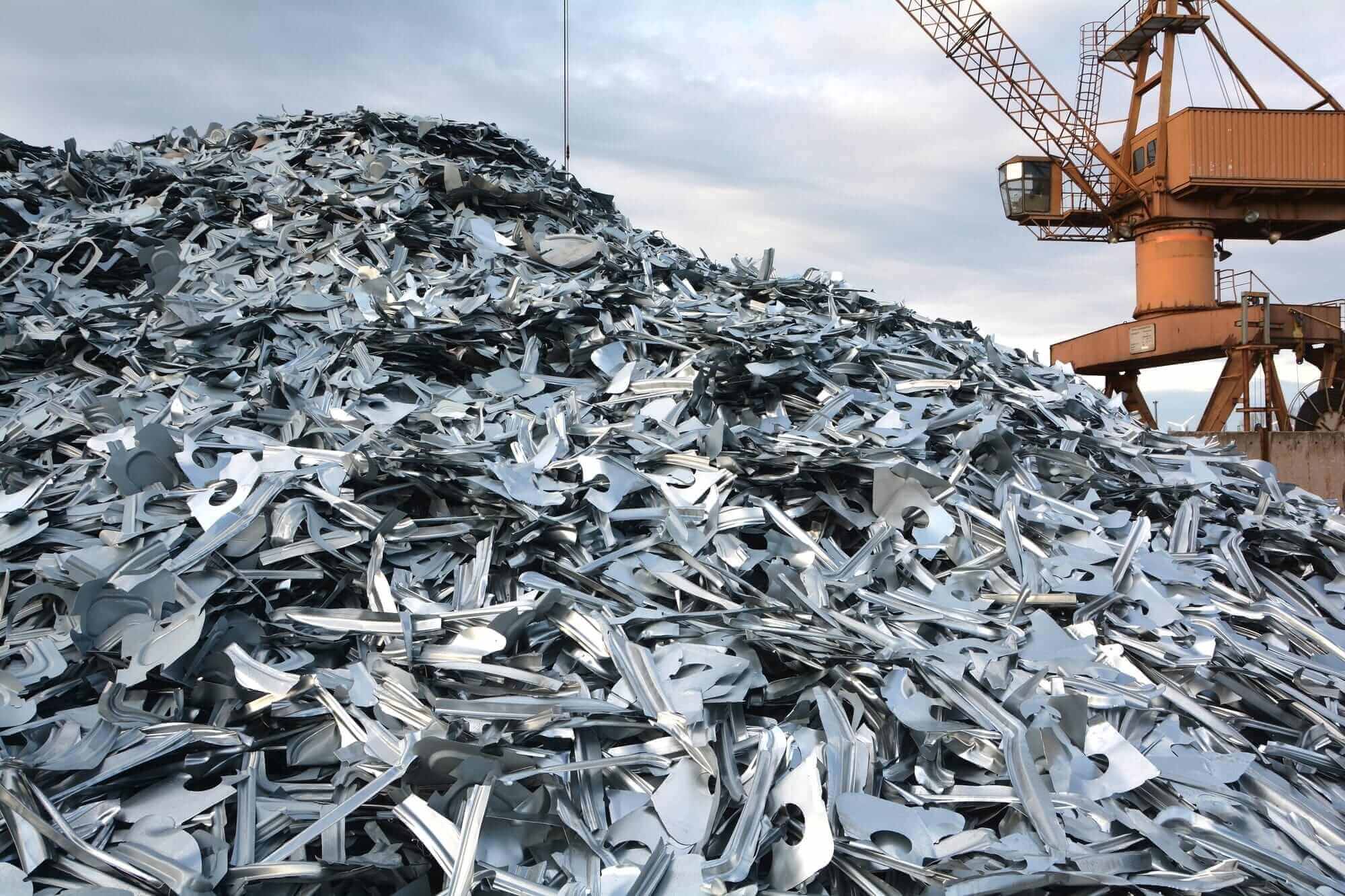While construction is an essential part of the development and progression of society, it comes at a cost: the construction industry has been found to create as much as one-third of the world’s overall waste. However, pioneers in the industry have banded together to support initiatives that will reduce the staggering environmental footprint this industry has on the planet.
Many of these developments have already shown tremendous potential in making the industry more “green.” With continued investment, they could further pave the way for a quiet revolution in construction.
Recycled steel as an environmentally friendly solution to construction waste
One of the main initiatives that has helped the industry offset some of its ecological impacts is metal recycling. Recycled steel is such a viable alternative to virgin metal that it accounts for nearly 40% of the total steel produced worldwide. Steel recycling is a process that not only allows the construction industry to become more eco-friendly but also allows construction companies and manufacturers to save money on their bottom line.
Steel recycling has become the future of the construction industry because steel, as a material, is considered “endlessly recyclable” since it can be melted down any number of times without compromising the quality of the metal. Indeed, recycled steel is often virtually indistinguishable from virgin steel, as the recycling process has few effects on the metal’s quality.
The benefits of recycled steel
One of the most exciting characteristics of recycled steel is that it can be sourced from several different origins. Although the most common source from which steel is recycled is scrap metal, which is gathered from construction and demolition, it can be sourced from a wide variety of inputs. Unrefined sources, such as car bodies, can even be used to make recycled steel and mixed with steel from other sources without creating any impurities or imperfections.
The obvious environmental benefit the use of scrap metal has is that it reduces the amount of waste that ends up in landfills. Construction alone accounts for 40 million tons of the 110 million tons of steel consumed annually in the United States. Since metals like steel can take hundreds of years to decompose naturally, steel recycling’s role in keeping this waste out of landfills is essential.
Using recycled steel is not only better for the environment, but also cheaper. By reducing the cost and energy consumption associated with extracting, smelting, and processing virgin iron ore, steel manufacturers can generally pass these savings on to their customers. These lower prices for raw materials have a ripple effect felt throughout the construction industry that provides benefits for everyone, down to base-level consumers.
Eliminating the iron ore extraction process also significantly reduces steel manufacturers’ carbon footprint as the heavy machinery required to process iron ore can dramatically contribute to greenhouse gas emissions. While melting steel for recycling still produces some emissions, it is significantly less than the smelting of virgin ore.
There is also the added economic benefit of creating a booming industry around steel recycling. Successful steel recycling operations require scrap yards, which must be staffed by workers who collect, process, melt, and purify the metal into a usable form. This creates thousands of jobs, many of which pay very well. Furthermore, construction companies who sell their scrap metal to scrap yards are paid to do so, making recycling a great way to save money on construction sites while reducing waste.
Cheaper and better for the environment without a loss of quality
When using recycled materials, the debate is often centered around whether the cheaper product is worth the loss in quality associated with it. However, with recycled steel, the differences in quality between it and virgin steel are virtually indistinguishable. As a result, construction companies can receive both short-term savings and long-term value using recycled steel, a combination that tends to be uncommon when using recycled materials.
Thanks to its quality, recycled steel is also not subject to special maintenance requirements. Routine inspections and cleaning are required, just as they are for steel products made from virgin ore. Proper care is necessary to ensure that the steel maintains its durability, which has made it such a prominent construction material.
Additionally, steel manufacturers know that the recycled steel they are producing will be used in construction projects where it will have an integral role in buildings’ safety and stability, meaning they produce their products to a high standard of quality to ensure they are built to last. After all, steel is considered the second strongest metal in the world. Since the steel recycling process does not result in any sacrifice in quality, recycled steel is one of the most durable construction materials available.
Thanks to the durability of recycled steel, it is not limited to certain applications. Other recycled materials are not able to be used for some purposes due to loss of quality — recycled paper, for example, generally isn’t used for food purposes due to sanitary issues — but recycled steel has the same qualities as virgin steel, making it suitable for any number of construction uses from fabrication to joists.
Recycled steel is not just a legitimate solution to reducing the negative environmental impact of construction. It’s one that has already received broad acceptance.
The ball is now in the court of remaining manufacturers and construction companies to embrace this material. Once recycled steel’s environmental and economic benefits are well-known, the industry can begin to reap its benefits on a much broader scale.
By Adam Parr, Director of Communications & Public Affairs — Gerdau
Learn more about MCK News here. MCK News’ Editor In Chief been featured in Forbes, Fox Business, Authority Magazine, Modern Marketing Today, PR Pioneer, Market Daily, O’Dwyer PR, DKoding, Business Insider, and Consumer Affairs.




